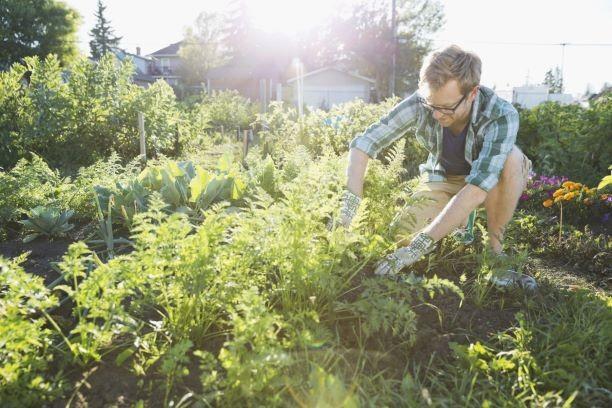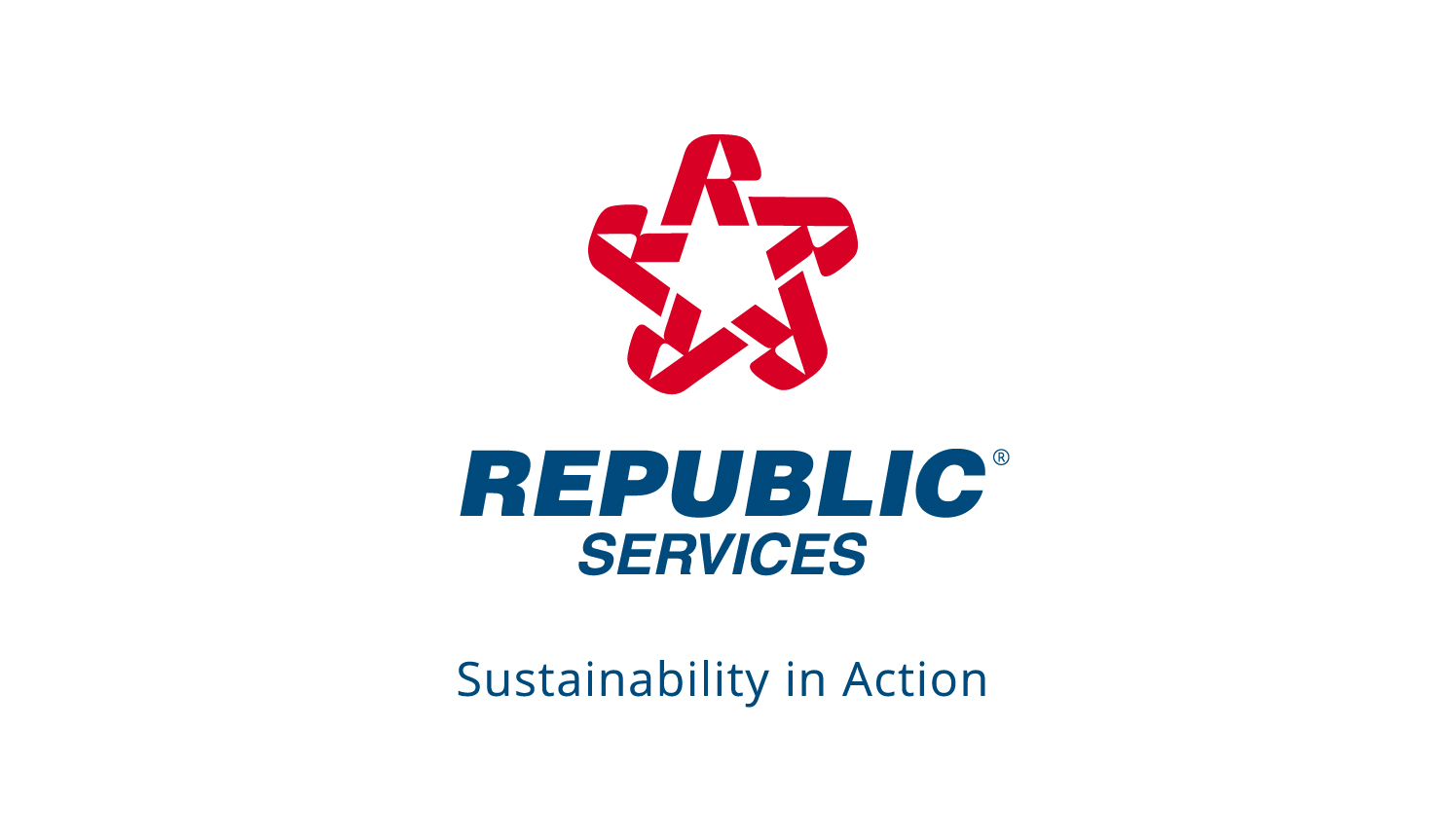Let's Get Compostable! Five Tips to Start Your Composting Journey

The next big thing in sustainable living is composting. So, it’s time to start composting in your home and learn how you can create and leverage compost to reduce food waste and be a better friend to the environment.
For more than three decades, Republic Services has taken the lead in composting. Today, we operate 12 compost facilities in five states, and in 2020 were named Organics Recycler of the Year by the National Waste & Recycling Association (NWRA). Last year, we processed more than two billion pounds of organic waste, a 20% increase that helped create more than half a million tons of compost. One of the key benefits of composting is that it helps the environment by providing a more sustainable system of materials management.
In fact, composting supports a more sustainable environment in many ways, including:
- Reduce greenhouse gas emissions. According to the EPA, yard debris and food waste make up about 30% of waste sent to landfills. Composting your food and yard waste helps reduce emissions by diverting these items from landfills, which produce methane.
- Promote healthy soil. Compost reduces the need for artificial fertilizers. According to the U.S. Composting Council, an organization that Republic Services supports, compost increases the nutrients available to plants in the soil, while also helping to prevent soil erosion.
- Contribute to a circular economy. In 2018, 2.6 million tons of food in the U.S. was composted (EPA). Our goal is to reduce the need for raw materials, mitigating the associated environmental and social burden. By repurposing food waste and yard trimmings for compost, you’re keeping them in circulation and supporting a more sustainable and circular economy.
In celebration of International Compost Awareness Week (ICAW), which Republic Services is proud to sponsor, we’re sharing five tips to help you get started on your composting journey:
- Do your homework. Before you start composting, make sure you understand which items and materials should be composted and how best to keep your compost balanced. Generally, you can compost items like coffee grounds, fruits and vegetables, eggshells, tea bags, nutshells, yard waste, leaves, and more. Typically, you can’t compost fats, meats, or dairy products. You’ll want to make sure you have a good ratio of greens (like vegetable or fruit scraps and yard waste) and browns (like dead leaves and twigs). Remember, water is essential – you can’t compost material that doesn’t have the right amount of moisture. Find more composting tips online at the Association of Compost Producers (ACP). Republic Services is a proud member of the ACP.
- Determine your composting goals. The types of materials you put in your compost will vary depending on how you want to use your compost. You can use your compost in your yard or garden or share it with friends and family for their gardens. Don’t need compost yourself? Depending on your area, you may be able to collect your food scraps and yard waste for industrial composting and work with a local provider, like Republic Services, for collection.
- Assess your space. Look around your space and evaluate what you may need to start composting. You’ll want to store food scraps in a place that makes it convenient to compost while you’re cooking or cleaning your kitchen. You don’t need a fancy scrap bucket, but make sure it has a tight seal to reduce odor.
- Get the right tools. After you’ve assessed your indoor space, you’ll want to get the tools that will set you up for success. You’ll also need a compost bin, which you can purchase or build on your own. Remember, you’ll need to find an outdoor space that is dry and shaded to store your compost bin.
- Understand the warning signs. Once you’ve started your compost, you’ll want to monitor for warning signs that it is out of balance. Your compost shouldn’t attract bugs or rodents or produce a strong odor. If it is, then you’ll know that it’s time to adjust the mix of greens and browns you’re adding to your bin. Ideally, your compost should include an equal mix of green and brown material. For more information on producing and using compost, please visit the U.S. Composting Council’s website.
Learn more about our residential and commercial organic waste services.

